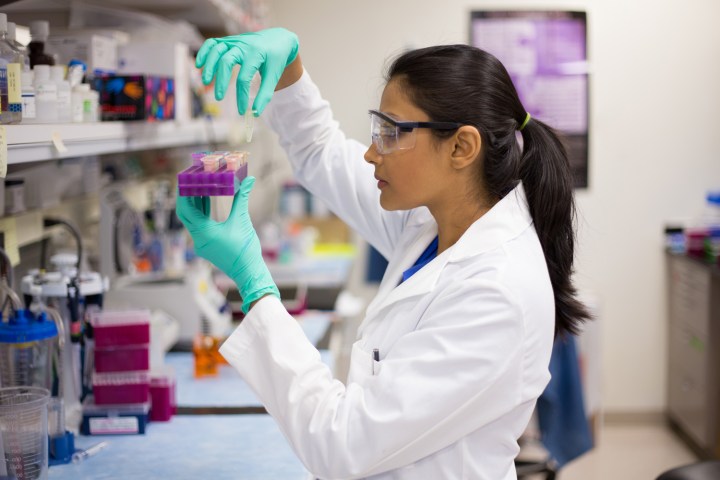
21st Century Medicine is behind the work, and already offers several services to clients interested in the idea of cryogenic preservation. In this case, 21CM was able to almost completely preserve the structure of a rabbit brain following cryogenic freezing and then rewarming of the organ.
The Brain Preservation Foundation — the group behind the award — says it is the first demonstration “of near perfect, long-term structural preservation of an intact mammalian brain.” The work also suggests that actual synapses within the brain could be preserved, which could eventually be retrieved or uploaded to a computer after the passing of the donor.
Cryogenics, and its possible benefits, are still more science fiction than fact — but we’ve made some notable advancements in the past few years. While groups like the Alcor Life Extension Foundation have offered cryonics as a way to preserve oneself in hopes of reanimation in some future time, none have figured out a way to actually do it.
Current cryopreservation methods tend to “dry out” the brain, which in turn damages pathways, making possibilities for recovery less successful. 21CM’s method is a bit different, and uses a mixture of cryonic and chemical preservation to prevent drying out, but not using enough chemicals to cause other types of decay.
“Every neuron and synapse looks beautifully preserved across the entire brain,” BPF president Dr. Kenneth Hayworth said in an announcement posted to the organization’s website. “Simply amazing given that I held in my hand this very same brain when it was vitrified glassy solid.”
While so far 21CM has only proven that its technique works on smaller mammal brains, the company does plan to show its techniques work on larger mammal brains too. The BPF will hold a similar contest for large mammals, and the company says it already has proof of concept that it is just as effective.
No word on whether the BPF plans to hold a similar contest to show these efforts work on human brains, but one can’t help but assume such a contest isn’t that far behind.


